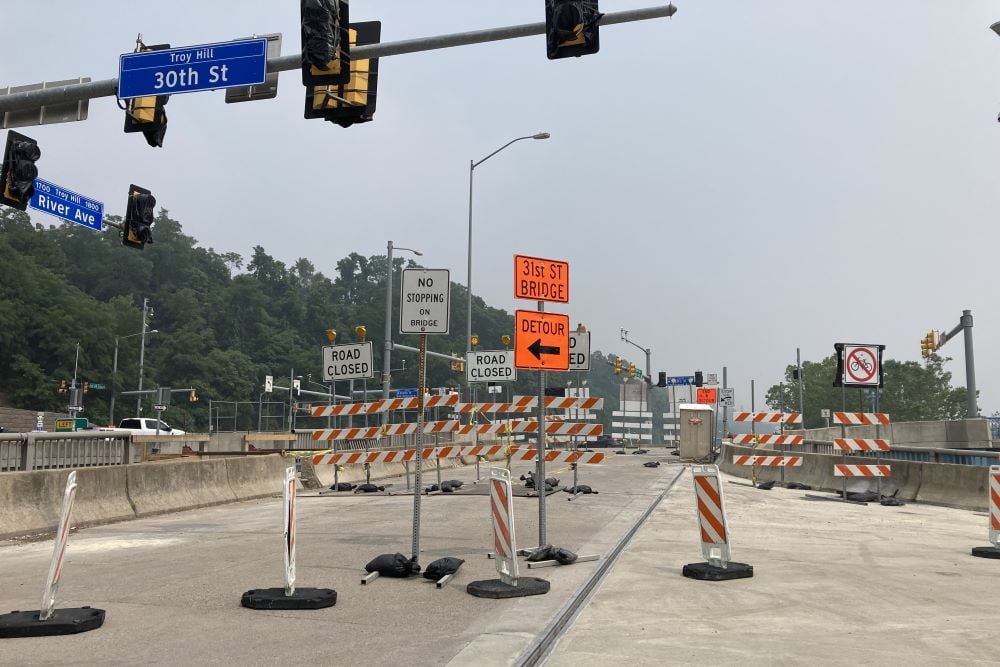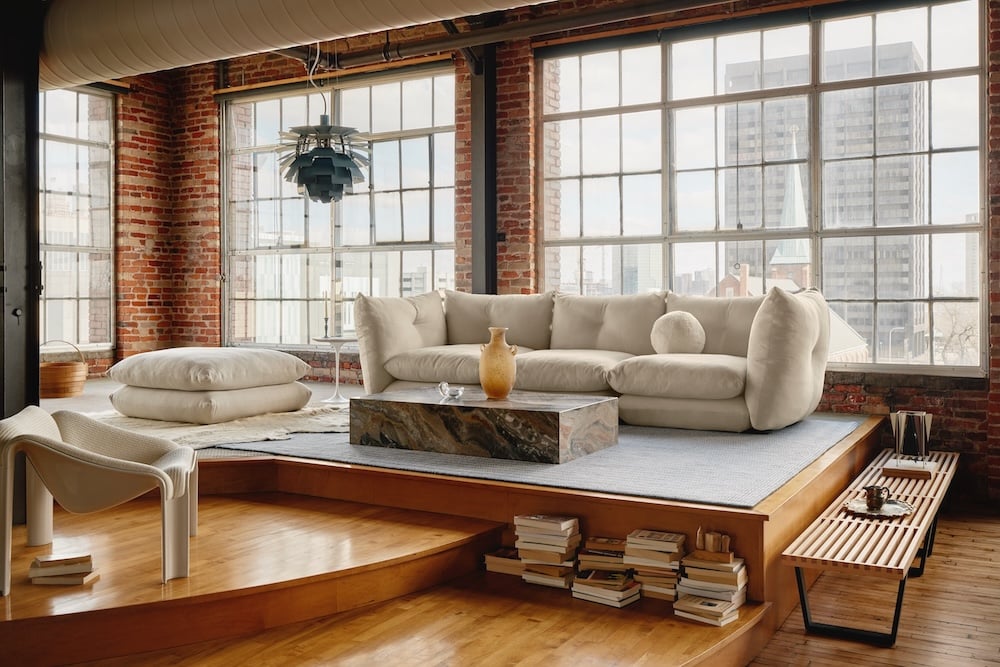Collier’s Weekly: Rent in Allegheny County is Too High, and the Problem Isn’t Fixing Itself
It’s past time for legislation to curb rapid rent increases.
In 2015, I moved into a small, stand-alone home on the Hilltop. Ten years later, I renewed my lease at a comparable place in another corner of the same general area.
The places had a lot in common. Square footage was about the same; both had easy access both to Downtown and most major highways running through Pittsburgh. My current house has an extra bedroom; the other one had a big yard and ample storage space. The old street was quieter; the new one is more walkable.
In short: comparable homes in the same part of the city.
Between what I paid in 2015 and what I’m paying in 2025, my rent has risen by about 105%.
Now, I’m not an economist, but if rent for comparable properties more than doubles in 10 years, I’m pretty sure that’s bad.
An article in the Post-Gazette last week caught my attention: In Harrisburg, owners and lessees of mobile and manufactured homes are seeking relief from exorbitant increases in “lot fees” and rent increases, the monthly rates that the owners of manufactured home communities and mobile-home parks charge for use of the land. In many cases, these rates have gone up by 50% or more in recent years, as property owners try to squeeze money out of individuals on limited or fixed incomes.
A bill addressing such increases, though slow-moving, is popular; it passed the State House in June, with bipartisan support. Even in a polarized state government such as ours, there seems to be wide agreement that milking the less fortunate dry is best avoided.
Here’s the thing, though: Such considerations should be universal.
A recent analysis prepared by Allegheny County found that, from 2020 to 2023, median family income increased by a hair, under 4% (after adjusting for inflation). During the same period, median rent in the county jumped by more than 19% (and home values rose by 12%). In other words, landlords asked renters to increase what they’re paying by an amount nearly five times greater than the average increase in income.
More and more of what we make, then, must be spent on rent — at a time when many other essentials, including groceries and energy, also are becoming more expensive.
Speaking of bipartisanship: Many regard attempts to rein in or control rents as an inherently left-wing desire. There’s a certain logic in that — but it’s past time that we noticed that rising costs of living are very bad for business and should be just as alarming to conservatives as liberals. We have an economy, after all, that runs on commerce; if our paychecks are entirely absorbed by food and shelter, there won’t be much money left to spend on non-discretionary goods and services.
In other words, Wall Street isn’t going to like it if no one is buying Coca-Cola and television sets because the rent is too damn high.
For decades, the interests of investors and property owners have been advocated for in the legislature. Those interests, at this point, are more than sufficiently protected. It’s long past time to ensure that Pittsburgh and surrounding areas remain affordable — and leaving it to the free market doesn’t seem to be working.
If it did, I wouldn’t be paying twice as much for more or less the same house.













